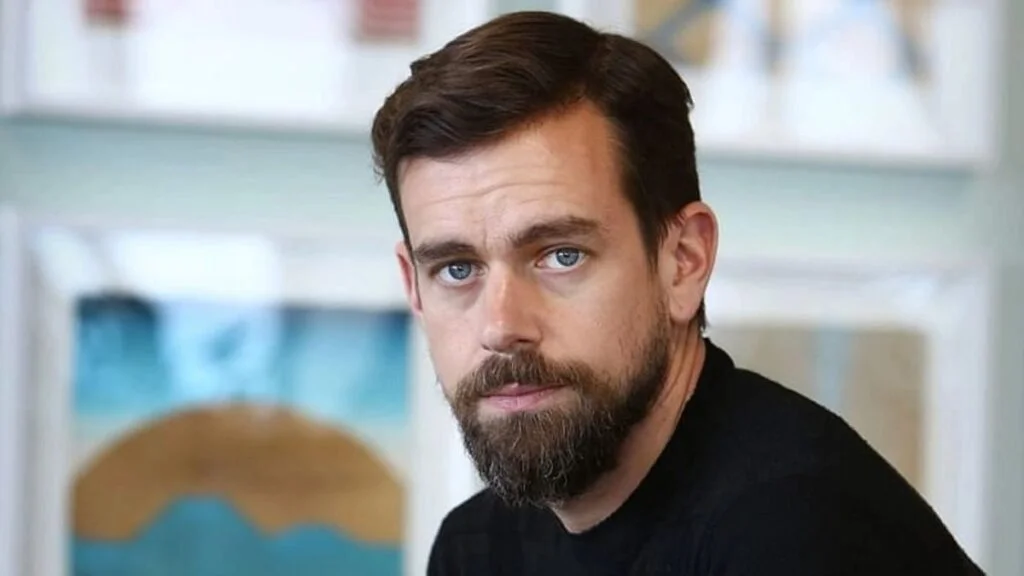Jack Dorsey highlighted that a solution to Twitter’s censorship issues is making a platform resilient from corporate or government control.

The former CEO of the social media platform, Jack Dorsey, has advocated for a “free and open protocol” for social media in light of the internal inquiry conducted by Elon Musk that revealed censorship-related problems on Twitter.
Dorsey outlined some potential fixes for the existing issues with the Twitter platform in a post. The former CEO of Twitter claims that this entails making it resistant to corporate or governmental control, granting the exclusive authority to delete content to the author, and instituting moderation through algorithmic decision. He explained that:
“I’m a strong believer that any content produced by someone for the internet should be permanent until the original author chooses to delete it. It should be always available and addressable. Content takedowns and suspensions should not be possible.”
Dorsey criticized himself for not fighting for the platform because he felt that the Twitter platform under his direction and the present Twitter did not adhere to the three criteria he listed. He stated:
“This is my fault alone, as I completely gave up pushing for them when an activist entered our stock in 2020. […] I planned my exit at that moment knowing I was no longer right for the company.”
The largest error, according to Dorsey, was concentrating on developing tools to control the public conversation rather than ones that let Twitter users to control it themselves.
This put too much power on the firm, he continued. According to the former CEO, this exposed the corporation to outside pressure. A GitHub link to a censorship-resistant open protocol that is currently under construction was also posted by Dorsey in a tweet.
The “Notes and Other Stuff Transmitted” project seeks to make it possible to build decentralized social networks based on cryptographic signatures and keys. In addition, Dorsey provided updates on Bluesky Social, a decentralized social media initiative that was launched in 2019, on October 18. With the platform, there won’t be a business dictating what is published. Instead, a marketplace of businesses will choose what to “carry to their audiences.”
